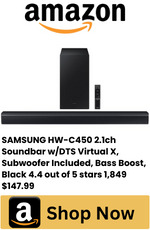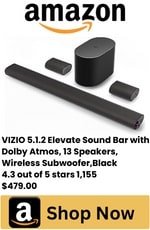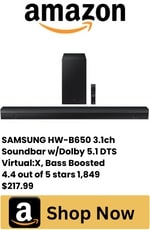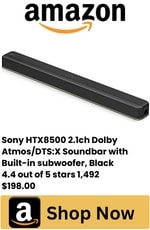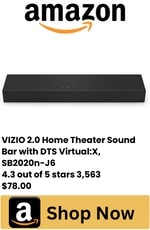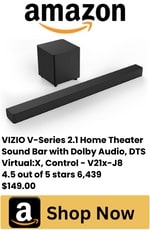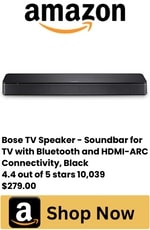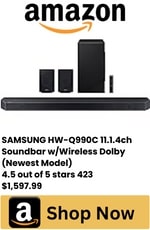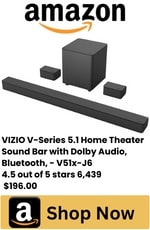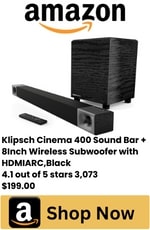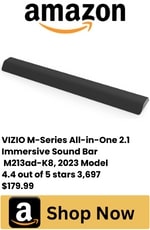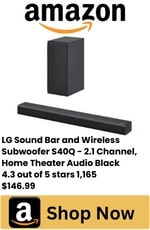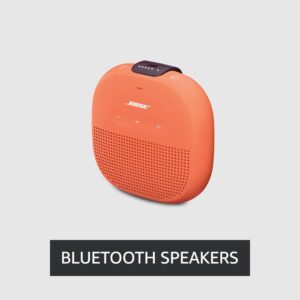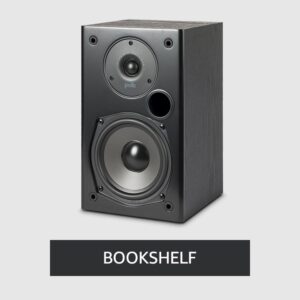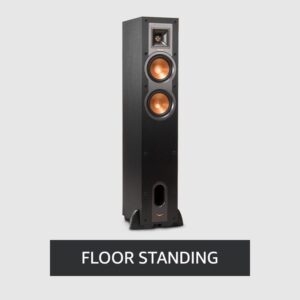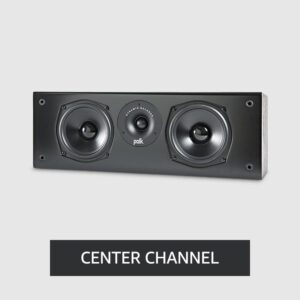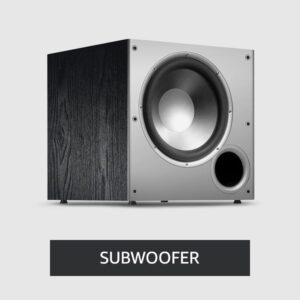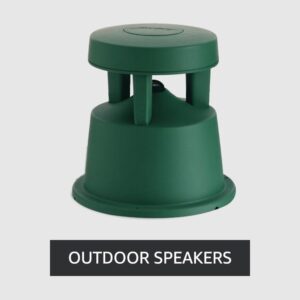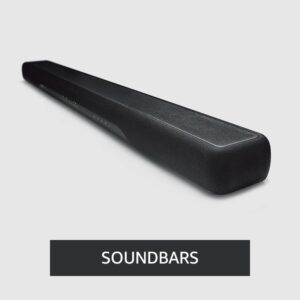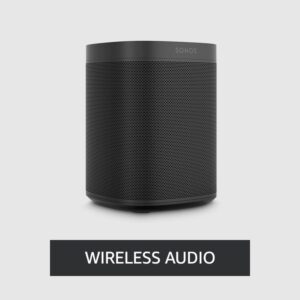Epson 4010 vs 5050UB: 8 Main Difference. Best Comparison!
In immersive home theater experiences, the Epson 4010 and 5050UB are prime contenders. Though they share a near-identical exterior, these models hold distinct differences that set them apart. Beneath their shared features lie nuanced disparities that warrant careful consideration. This comparison aims to shed light on the strengths and uniqueness of each projector to aid in making an informed decision.
Premium Pick
Epson Home Cinema 4010
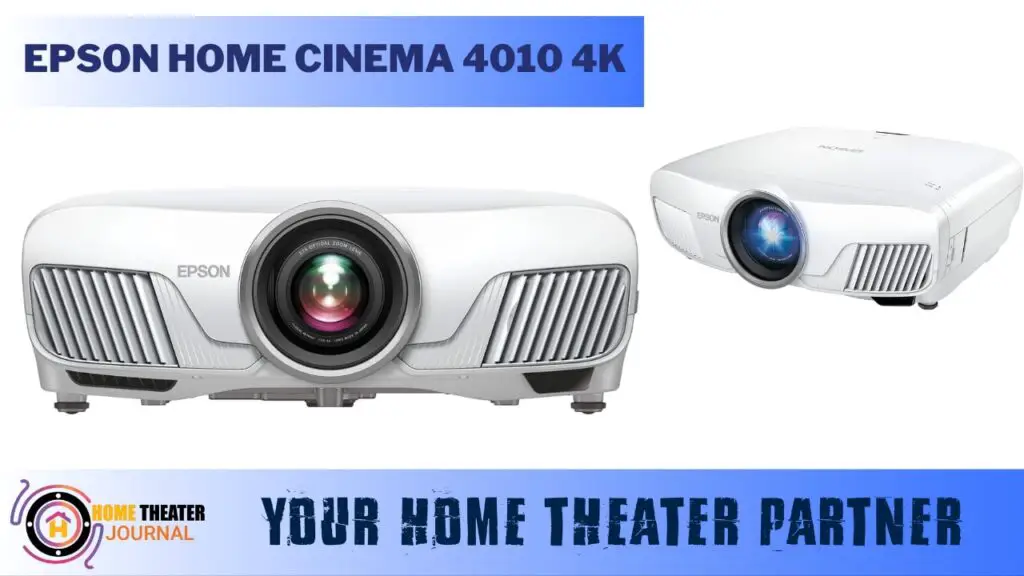
Affordable and budget-friendly price
Good Color Accuracy
Flexibility in Image Adjustment
Immunity to Rainbow Artifacts
Decent Brightness
Diamond Pick
Epson Home Cinema 5050UB
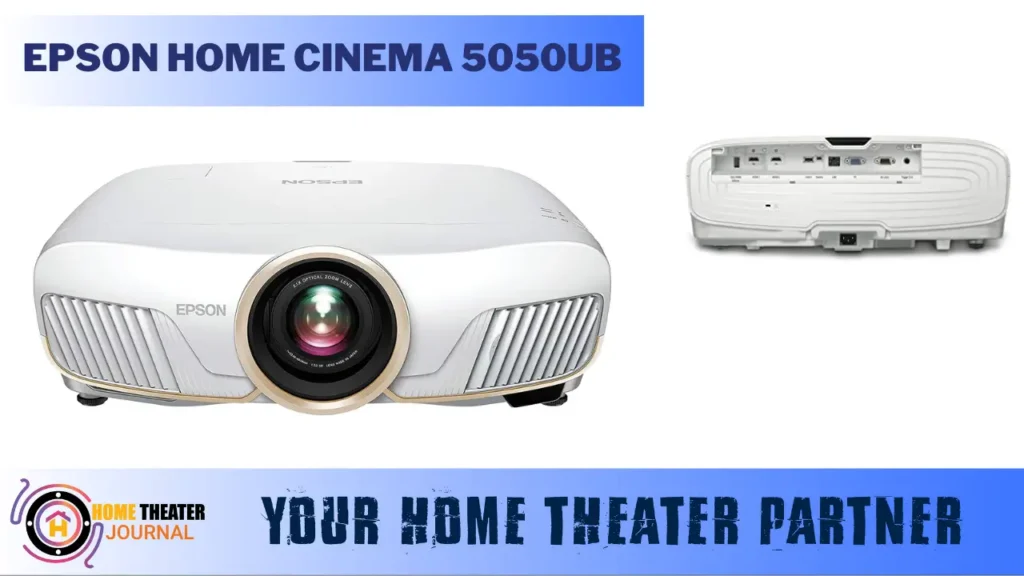
Premium Visual Quality
Advanced HDR
Enhanced Color Accuracy
Motorized Lens Shift
Comparison Table of Epson 4010 vs 5050ub
| Feature | Epson 4010 | Epson 5050UB |
| Resolution | 4K Enhancement | 4K Enhancement |
| Brightness | 2400 lumens | 2600 lumens |
| Contrast Ratio | 200,000:1 | 1,000,000:1 |
| Color Depth | 12-bit SDR, 10-bit HDR | 12-bit SDR & HDR |
| HDR Support | Yes | Yes + HLG |
| HDR Adjustments | Limited options | 16-step slider |
| Connectivity Ports | 2HDMI, USB, Mini USB, LAN, Computer/D-sub, RS-232c | 2HDMI, USB, Mini USB, LAN, Computer/D-sub, RS-232c |
| UltraBlack Technology | No | Yes |
| Image Adjustment | Manual zoom & lens shift | Motorized zoom & lens shift |
| Price Range | Affordable | Higher Price |
| Dimensions | 20.5″ x 17.7″ x 6.7″ | 20.5″ x 17.7″ x 7.6″ |
| Weight | 24.7 lbs | 24.7 lbs |
Epson Home Cinema 4010 4K PRO-UHD (1) 3-Chip Projector with HDR

Affordable Excellence Priced under $2000, the Epson 4010 offers unparalleled value for ardent home theater enthusiasts.
If your pursuit is a projector that embraces 4K UHD sources, your search concludes here. Incorporating 3LCD technology ensures immunity to rainbow artifacts and color brightness discrepancies. An evolution of the HC 4000, the 4010 elevates brightness and contrast to 2400 lumens and 200,000:1, facilitating sharp, high-contrast images.
This prowess is complemented by outstanding color accuracy. Equipped with full 10-bit HDR3 color processing and the True 3-Chip design, it encompasses the entirety of the DCI-P3 color space, yielding exceptional visual performance.
Ease of image alignment is facilitated by a 2.1x zoom, 47% vertical lens shift, and 0.096% horizontal lens shift.
Feature And Specifications:
Resolution: 4K Enhancement technology provides a stunning visual experience by utilizing pixel-shifting to enhance Full HD content to near-4K quality.
Brightness: With a brightness of 2400 lumens, the Epson 4010 ensures vibrant and clear images, even in well-lit environments.
Contrast Ratio: Boasting a contrast ratio of 200,000:1, the projector delivers enhanced depth and detail in both bright and dark scenes.
Color Depth: The Epson 4010 supports 12-bit color depth for SDR and 10-bit for HDR content, ensuring accurate and lifelike color reproduction.
HDR Support: High Dynamic Range (HDR) capabilities allow for improved light and dark details, enhancing the overall visual experience.
Connectivity: The projector features HDMI and USB ports, enabling seamless connection to various multimedia devices.
Image Adjustment: Manual zoom and lens shift options (2.1x zoom, 47% vertical lens shift, 0.096% horizontal lens shift) provide flexibility in positioning and alignment.
Dimensions and Weight: The projector measures 20.5″ x 17.7″ x 6.7″ and weighs 24.7 lbs.
Specifications:
- Brightness: 2400 lumens
- Throw Ratio: 1.35 – 2.84
- Light Source: 250W UHE
- Input Lag: 28ms
- Price: $1,799.00
The Epson Home Cinema 4010 is not just a projector; it’s your ticket to cinematic bliss. With 4K Enhancement technology, a wide color gamut, exceptional contrast, and flexible installation options, it’s like having a personal cinema in your home. This projector is your gateway to a world where every frame is a work of art, and every movie night is a breathtaking journey.
Pros
Affordable and budget-friendly price
Good Color Accuracy
Flexibility in Image Adjustment
Immunity to Rainbow Artifacts
Decent Brightness
Cons
HDR Limitations
Epson Home Cinema 5050UB 4K PRO-UHD 3-Chip Projector with HDR,White

The Enhanced Experience The Epson 5050UB marks a substantial advancement in resolution enhancement, color accuracy, brightness, and image processing.
This projector’s fidelity in reproducing images as intended is unparalleled. The assurance of superb overall picture quality is fortified by its 4K enhancement technology.
Beyond this, its high native image contrast is a gateway to richly detailed dark shadows and vibrant highlights. The projector excels in displaying dark scenes while preserving true black.
Accurate colors are assured, bolstered by a wider color gamut that covers the complete P3/BT.2020 color range.
Including ample lens shift and motorized zoom empowers viewers to achieve image adjustments without displacing the projector’s position. Suited for permanent installations, these features guarantee a well-proportioned picture.
Feature And Specifications:
Resolution: Like the 4010, the Epson 5050UB utilizes 4K Enhancement technology for a stunning visual output.
Brightness: With a brightness of 2600 lumens, the projector ensures captivating visuals even in challenging lighting conditions.
Contrast Ratio: The Epson 5050UB boasts an impressive contrast ratio of 1,000,000:1, enabling vivid and immersive visuals with enhanced depth.
Color Depth: Supporting 12-bit color depth for both SDR and HDR content, the projector promises accurate and vibrant color representation.
HDR Support: The projector supports HDR content and also offers HLG capabilities for even brighter highlights and improved color rendering.
HDR Adjustments: Advanced HDR adjustments with a 16-step slider allow for precise fine-tuning of tone mapping for optimal HDR viewing.
Connectivity: Equipped with multiple HDMI ports, USB, Mini USB, LAN, and more, the projector provides comprehensive connectivity options.
Image Adjustment: Motorized zoom and lens shift capabilities and ample lens shift options simplify image alignment and adjustment.
Dimensions and Weight: Similar to the 4010, the Epson 5050UB measures 20.5″ x 17.7″ x 7.6″ and weighs 24.7 lbs.
Specifications:
- Brightness: 2600 lumens
- Throw Ratio: 1.35 – 2.84
- Light Source: 250W UHE
- Input Lag: 28ms
- Price: $2,999.00
The Epson Home Cinema 5050UB is more than just a projector; it’s your personal ticket to cinematic immersion. With true 4K Enhancement technology, a vast color gamut, incredible contrast, and adaptable installation options, it’s like having a front-row seat to a world where every frame is a visual masterpiece, and every movie night is an unforgettable journey.
Pros
Premium Visual Quality
Advanced HDR
Enhanced Color Accuracy
Motorized Lens Shift
Cons
Higher Price
Epson Home Cinema 4010 vs Epson Home Cinema 5050UB: A Detailed Comparison
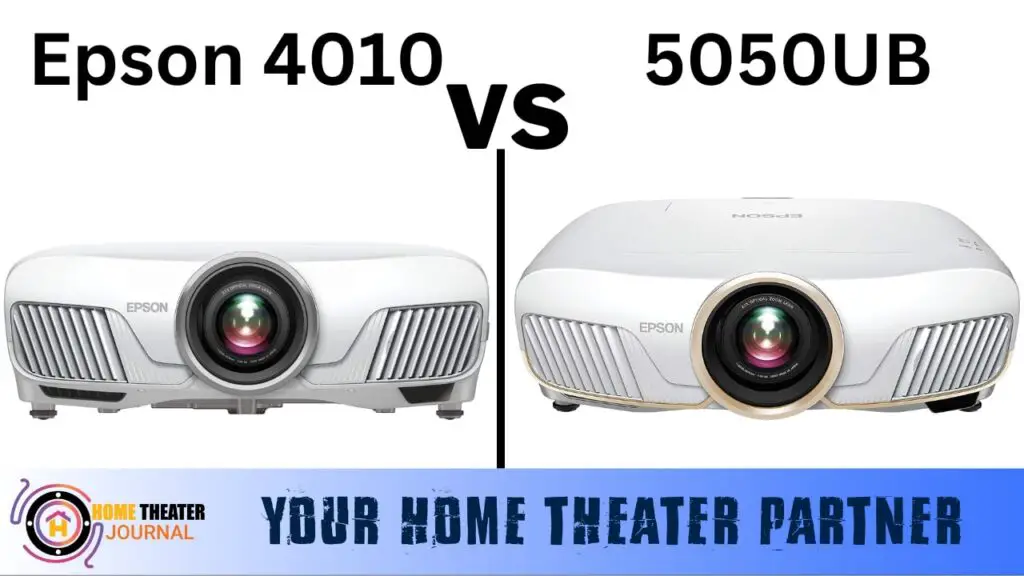
The divergence between the Epson 4010 and 5050UB transcends mere cosmetic variances. While similarities abound, noteworthy distinctions define these models.
Epson 5050UB surges ahead with heightened overall brightness and a dynamic contrast ratio.
Both projectors boast solid color accuracy, but it’s the 5050UB that claims the throne with its 12-bit color depth for both SDR and HDR content.
Furthermore, these models feature slightly varied connectivity ports to accommodate multimedia devices—the Epson 4010 stands acclaimed as an affordable, budget-friendly UHD projector.
Contrast Ratio:
Elevating the Visual Quality Contrast ratio enhances video quality by augmenting the disparity between deep blacks and radiant whites.
Verdict: The Epson 5050UB takes the lead with an impressive 1,000,000 contrast ratio, coupled with Epson’s exclusive UltraBlack technology. This innovation employs proprietary polarizing filters to amplify contrast and achieve darker black levels.
Brightness:
Illuminating Brilliance: With 2400 lumens of brightness, the 4010 delivers consistent light output across its varied modes.
The ANSI lumen might fluctuate depending on settings and modes, particularly between high-power and ECO modes.
In contrast, the Epson 5050 edges past with 2600 lumens of brightness. The significance of these additional lumens in projecting a notably brighter image defies conventional belief.
Moreover, the manual iris control furnishes superior brightness management across viewing modes.
Dimensions and Weight:
When considering the physical attributes of both the Epson 4010 and the Epson 5050UB, you’ll find remarkable similarities. Epson 4010 shares dimensions of 20.5 inches in width, 17.7 inches in depth, and 6.7 inches in height. There are minor differences in Epson 5050UB, which shares dimensions of 20.5 inches in width, 17.7 inches in depth, and 7.6 inches in height. This uniformity in size indicates that both projectors are designed to occupy a comparable amount of space in your home theater setup.
In terms of weight, Both models scale at 24.7 pounds. While the difference in weight is marginal, it may play a role in installation and portability considerations.
Verdict: The decision between the Epson 4010 and 5050UB hinges on your budget and desire for top-tier visual quality.
HDR:
Enriching Visual Depth Both the 4010 and the 5050UB are primed to harness the benefits of High Dynamic Range (HDR), capturing intricate details in light and shadow.
Verdict: The Epson 5050UB supports HDR and incorporates HLG capabilities. This translates to brighter highlights, heightened impact, and refined color representation.
HDR Adjustments: Fine-Tuning the Experience
The Epson 4010 features four distinct HDR settings, each calibrated to enhance overall image brightness.
Conversely, the Epson 5050UB elevates the HDR experience with a 16-step slider for nuanced adjustments. This refinement empowers users to fine-tune the tone map for HDR content. Furthermore, dedicated remote controls facilitate seamless adjustment, culminating in a finely tuned cinematic experience.
Color Depth:
Radiant Color Realism The Epson 4010 delivers 12-bit color depth for SDR and 10-bit HDR. However, its HDR capacity is confined to 4K/24 Hz signals with 10-bit.
In contrast, the Epson 5050UB guarantees superior color accuracy, boasting 12-bit color depth for both SDR and HDR content. Notably, it supports HDR at 4K/60 Hz.
Connectivity:
The Gateway to Multimedia Integration The Epson 4010 incorporates 1x HDMI (HDCP 2.2), 1x HDMI (HDCP 1.4), USB Type A, and 1x USB (for wireless and firmware).
On the other hand, the Epson 5050UB provides enhanced connectivity with 2x HDMI 2.0 (HDCP 2.2), USB Type A, 1x USB, 1x Mini USB, LAN (RJ45), and 1x Computer/D-sub ports. This expansive array ensures versatile integration with multimedia devices.
Image Comparison:
A Quest for Superiority Post-calibration, both models yield comparably exceptional picture quality. However, the distinction becomes pronounced in darker scenes, where the 5050UB gains an edge due to its formidable contrast ratio and innovative Ultra-Black technology.
In this comparison, Epson undoubtedly emerges as the victor in picture quality, albeit by a marginal margin. The projector delivers deeper blacks, heightened shadow detail, and enhanced contrast, thereby facilitating the discernment of finer intricacies.
The Verdict: Balancing Cost and Quality While the Epson 5050UB emerges as the definitive winner, the question of value looms large. Given the striking similarity between these models, with only marginal variations, prospective buyers must weigh the costs and benefits.
Verdict:
The Epson 5050UB offers superior attributes, particularly for detailed projections with optimized dark scenes. However, those seeking near-identical picture quality and cost-effectiveness will find solace in the Epson 4010, available under $2000.
Parity reigns between these models when considering aspects such as setup, installation, brightness for both 2D and 3D viewing, projection screen size, weight, and image adjustment functions.
Paying a premium of over $3000 for marginal upgrades might not align with everyone’s preferences. Aspiring for graphically rich projections with fine-tuned optimizations for darker scenes may warrant the investment in the 5050UB, ensuring a gratifying viewing experience.
FAQs
1. What is the main difference between the Epson 4010 and the Epson 5050UB?
The main difference lies in their performance and features. While both offer 4K enhancement technology, the Epson 5050UB stands out with its higher brightness (2600 lumens), superior contrast ratio (1,000,000:1), and advanced HDR adjustments. The Epson 4010, on the other hand, offers solid performance at a more budget-friendly price.
2. Are there notable differences in image adjustment capabilities?
Yes, both projectors offer image adjustment features, but the Epson 5050UB has an advantage with its motorized zoom and lens shift options. This allows for effortless image adjustment without moving the projector, providing added convenience during setup.
3. Which projector offers better color accuracy?
Both projectors offer impressive color accuracy, but the Epson 5050UB takes it a step further with its 12-bit color depth for both SDR and HDR content. This produces more vibrant and lifelike color representation, especially in high-definition and HDR content.
4. What are the benefits of HDR support in these projectors?
Both projectors support High Dynamic Range (HDR), which enhances the visual experience by showcasing a broader range of light and dark details. The Epson 5050UB, however, goes a step further with HLG capabilities, promising even brighter highlights and improved color accuracy in HDR content.
5. Which projector is more suitable for those on a budget?
If you’re looking for an affordable option without compromising on quality, the Epson 4010 is a solid choice. It provides a commendable performance, 4K enhancement, and good color accuracy at a budget-friendly price point.

Author: Baqarrasheed
I know all about home theater items! I have been doing this for more than three years now. I am good with things like sound systems, TVs, projectors, and all that cool entertainment gear. I like to help folks by testing and talking about these gadgets on Hometheaterjournal. I want to make sure everyone can create an awesome entertainment setup at home without any confusion.
I write the creative content for HometheaterJournal.



